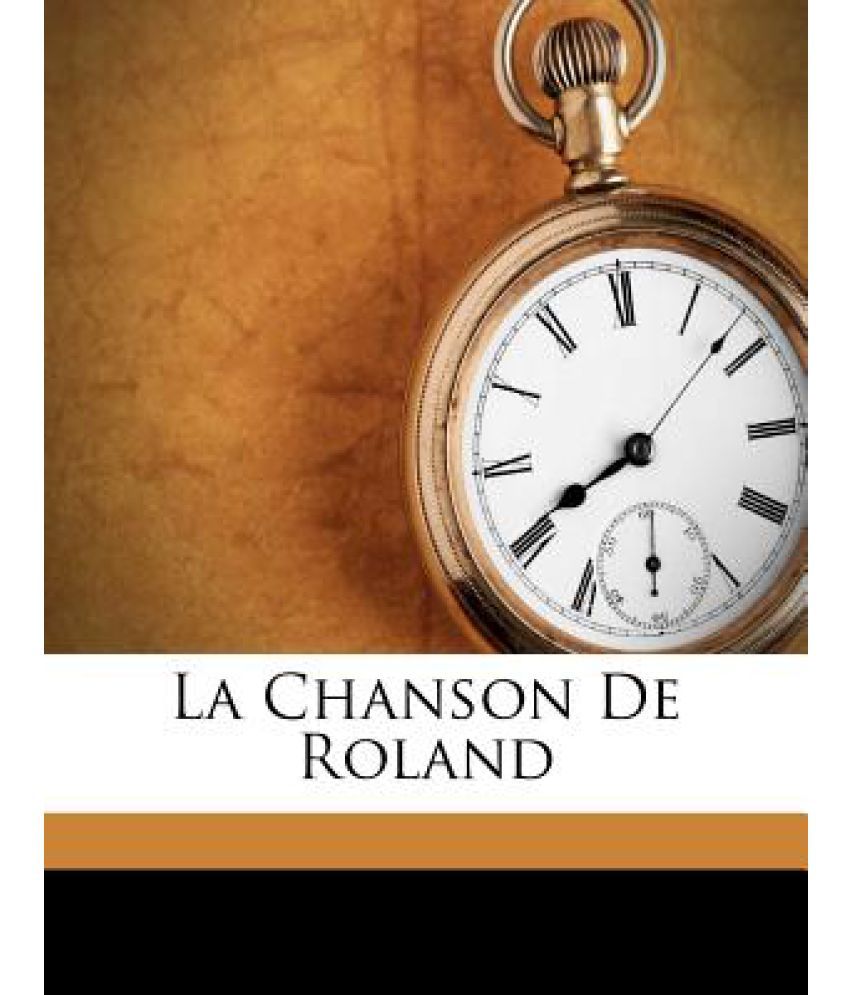

Ludovico Ariosto’s Orlando Furioso (1516), an Italian epic poem, develops The Song of Roland’s setting and characters in romantic and fantastical directions.

The Nibelungenlied, which tells a story of intrigue in the court of Burgundy, is an example of medieval German epic poetry. Another major work from this genre is The Poem of the Cid, a Castilian epic poem which was written about a century after The Song of Roland like Roland, it recounts battle between Christian and Muslim forces (in this case, during Christian forces’ reconquest of the Iberian peninsula), and Roland is believed to be a literary influence on it. The Song of Roland is one of the earliest examples of the genre called the chanson de geste-narrative poems celebrating heroic deeds, which flourished especially in the 12th and 13th centuries and were sung or recited. Depending on their views of the precise date of the poem’s composition, scholars speculate that The Song of Roland may have been popular during The First Crusade (an effort, called for by Pope Urban II in 1095, to retake the Christian Holy Land through military force), or (if composed later) it might reflect events of the Crusade itself.

The existence of a Frankish military commander named Roland is attested by Einhard’s Life of Charlemagne (written in the 800s), but other details, such as his blood relation to Charlemagne, seem to be inventions of the poet. This battle was later romanticized to become the more straightforward Christian-Muslim conflict depicted in The Song of Roland. Though the Franks, including the historical Roland, were slaughtered, their bold resistance did allow Charlemagne and most of his army to get through the Pyrenees safely.

Basque warriors attacked the rearguard as they moved through the Roncevaux Pass. Charlemagne believed that the Basque tribes were in alliance with the Muslims and wished to quell potential opposition. For instance, the attackers who ambushed Charlemagne’s rear guard in the battle were actually Basques-seeking revenge after Charlemagne attacked their capital of Pamplona-not Spanish Muslims. Although the battle really took place, its depiction in The Song of Roland is heavily fictionalized. The poem’s setting is the Battle of Roncevaux Pass, which took place on August 15, 778, in the Pyrenees Mountains between present-day France and Spain. Charlemagne, or Charles the Great (748–814), was King of the Franks and Lombards and, as of 800, Emperor of the Romans, uniting much of Western and Central Europe under his rule and founding the Carolingian Empire.


 0 kommentar(er)
0 kommentar(er)
